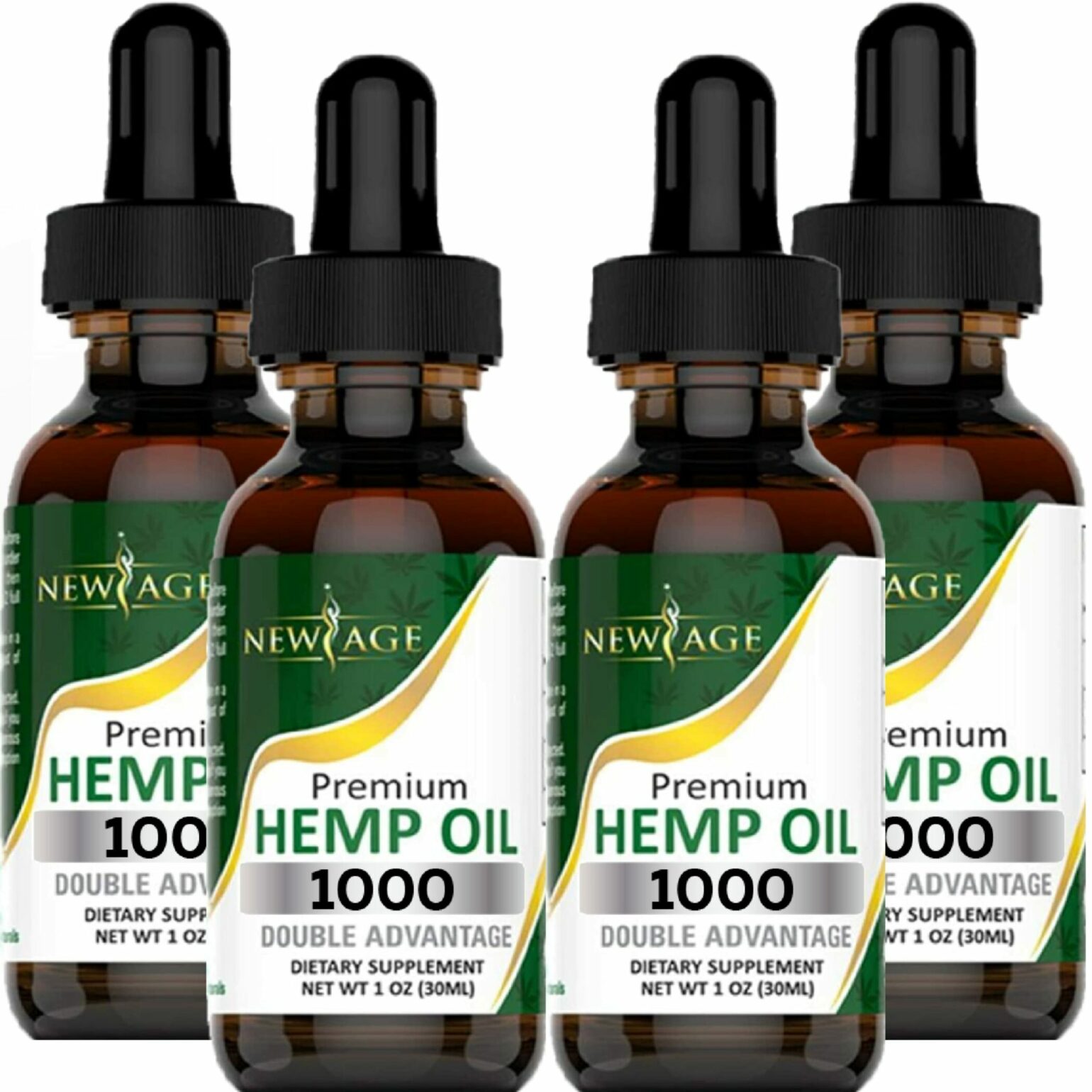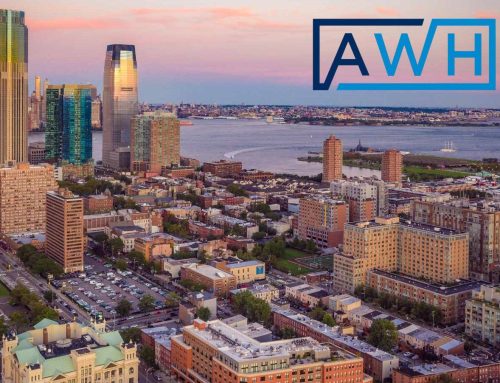Exploiting the 2018 Farm Bill Loophole: The Rise of Legal Hemp in the Non-Legal Cannabis Market
LOS ANGELES–The regulatory landscape for cannabis in the United States has changed significantly since the passage of the 2018 Farm Bill, which legalized the cultivation of hemp and its derivatives. This legislation inadvertently created a loophole that allows companies to market and sell hemp-derived products, including those containing psychoactive cannabinoids like delta-8 THC, even in states where recreational cannabis remains illegal. Consequently, numerous cannabis companies are now launching legal hemp brands to capitalize on this regulatory gap, leading to a burgeoning market for these products across the country.
Understanding the 2018 Farm Bill
The 2018 Farm Bill was primarily designed to remove hemp from the federal list of controlled substances, thereby regulating it as an agricultural crop. It allowed for the cultivation and sale of hemp and its derivatives across state lines without imposing tight restrictions on its marketing or sale. However, while the law explicitly prohibited delta-9-THC (the primary psychoactive compound in cannabis) above a concentration of 0.3%, it did not similarly restrict other cannabinoids such as delta-8-THC and delta-10 THC, which can be synthesized from hemp-derived CBD. This oversight has led to a rapid expansion of products containing these cannabinoids, particularly in states where cannabis remains illegal.
The Emergence of Hemp-Derived Cannabinoid Products
Since the passage of the Farm Bill, the market for hemp-derived cannabinoids has skyrocketed. Reports indicate that sales of delta-8 THC products alone generated over $2 billion [!] in revenue during 2021 and 2022. Furthermore, a recent study highlighted that individuals in states without legal cannabis markets were more than twice as likely to use delta-8 THC compared to those in states where cannabis is legal. This trend highlights how prohibition can inadvertently drive consumers toward alternative products that exploit regulatory loopholes.
Cannabis Companies Seizing Opportunities
With this backdrop, numerous cannabis companies have begun strategically launching hemp-derived brands to tap into non-legal markets. For instance, Curaleaf, one of the largest cannabis operators in the U.S., recently rolled out a line of hemp-derived THC products available through its online platform. This move reflects a broader trend among established cannabis firms seeking to diversify their offerings and reach consumers in states with restrictive cannabis laws.
These companies are not only capitalizing on the loophole but are also navigating a complex regulatory environment. While some states have enacted their own regulations restricting or banning intoxicating hemp-derived products, many others have not yet established clear guidelines, allowing businesses to operate with relative freedom. This creates an uneven playing field where licensed cannabis businesses face stringent compliance requirements and higher taxes compared to their hemp-derived counterparts.
Regulatory Responses and Industry Concerns
The rapid growth of the hemp-derived cannabinoid market has raised significant concerns among regulators and industry stakeholders. In response to public health issues related to unregulated products flooding the market, several state attorneys general have called for Congress to address these loopholes. The lack of testing requirements and age restrictions for these products has led to heightened awareness of potential health risks, particularly for minors.
Additionally, there is an ongoing debate within the industry on how best to regulate these products. A survey found that the majority of licensed cannabis businesses believe that intoxicating hemp-derived cannabinoids should be regulated similarly to state-legal cannabis products. This sentiment reflects a desire for a level playing field that ensures consumer safety while maintaining fair competition among businesses.
The Future of Hemp-Derived Products
The current Farm Bill expires in 2024. It appears that Congress is falling behind on deadlines and the passage of a new Farm Bill is being delayed. Despite efforts, the pace of progress is slow and the chances of reauthorizing the Bill in 2024 are close to zero.
However, stakeholders and communities are advocating for clearer definitions and stricter regulation of intoxicating cannabinoids to reduce health risks and protect consumers. Given the complexity and diversity of interests—from established cannabis companies to emerging cannabis brands—navigating this legislative environment will be challenging.
The unintended consequences of the 2018 Farm Bill have paved the way for a dynamic, yet contentious, market for hemp-derived cannabinoid products. As legal cannabis companies launch new brands targeting non-legal markets, they must navigate evolving regulations while addressing public health concerns. Going forward, the rapidly changing cannabis industry will likely face increased scrutiny from regulators as they seek to balance compliance and innovation with demand and consumer safety.





































